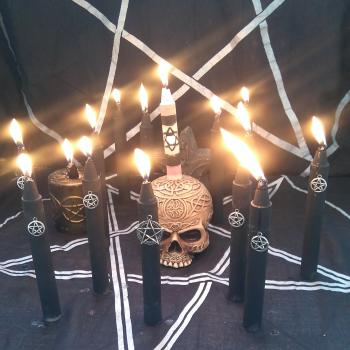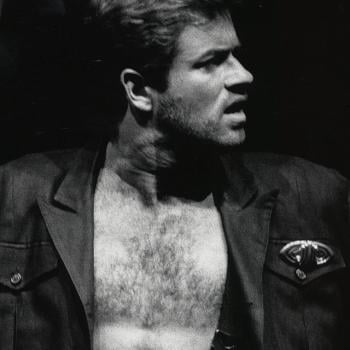There is nothing unrealistic about this idea. Scholars like Zaid Shakir, Hamza Yusuf, and Umar Faruq-Abdullah have the unique mix of an American upbringing coupled with classical Islamic training to make this form of education a reality.
The greatest challenges will be in securing adequate funding that will allow the institution to maintain a high standard for the prospective students and in attracting high caliber students to this field of study.
Along the way, Zaytuna Institute or any other organization that undertakes this important work of institution building will encounter the accusations of being an "American madrassah" in the vein of those institutions that are producing Taliban fighters in Afghanistan and Pakistan. This challenge is neither here nor there. It is the reality of being a Muslim in America.
Individuals, irrespective of whether they are Muslims and or scholars, may draw their own conclusions on whether or not Islam and America are compatible. However, in order for American-Muslims to dispel the misperception of incompatibility it will take American Islamic scholars who have the educational and intellectual gravitas to go toe-to-toe with foreign trained and overseas scholars.
American-Muslims cannot continue looking overseas only for Islamic scholars. American Islamic scholars need to be nurtured and trained in America. The greatest challenges to this are not the likely accusations of "American madrassahs" or raising money for the institution. Rather, the greatest challenge will be in creating a market after graduation in America for those who pursue this honorable profession.
This article was first published at altmuslim.com and is reprinted with the author's permission.
Junaid M. Afeef is a Research Associate at the Institute for Social Policy & Understanding. His articles are available at http://www.ispu.us. He can be reached at junaid.afeef(at)gmail.com.




